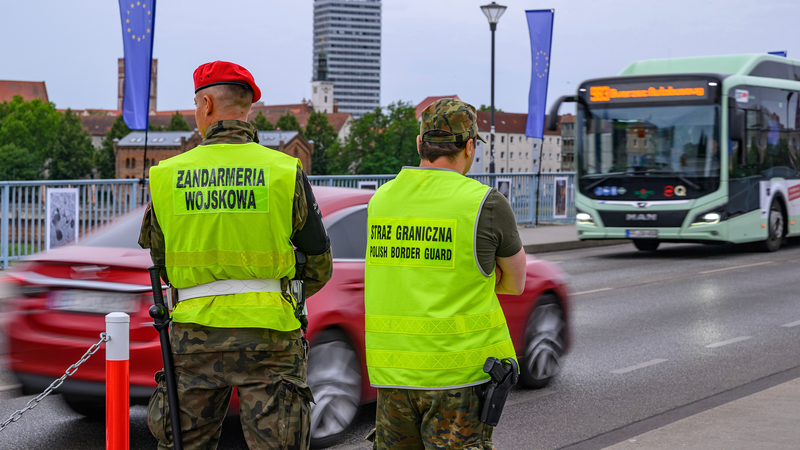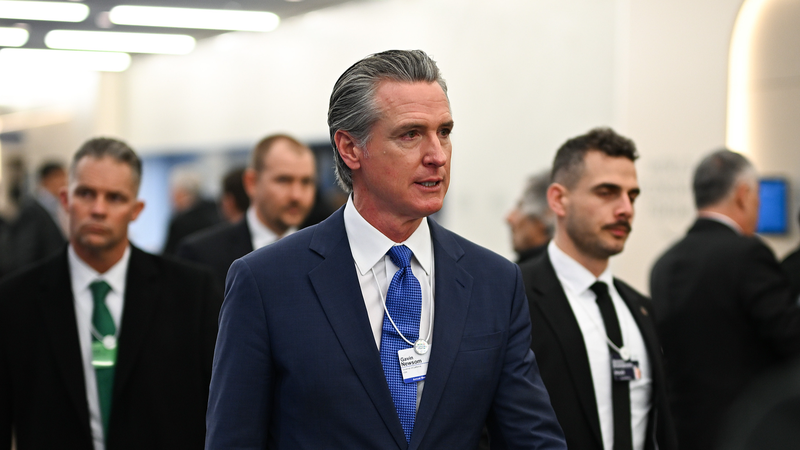In an unfolding chapter of tough EU migration policies, Poland has reintroduced temporary border controls with Germany and Lithuania. Polish officials say these measures aim to manage a rising number of undocumented migrants crossing the borders.
This move mirrors similar actions taken by the Netherlands, Belgium, and Germany within the Schengen zone. With a robust force of 800 police officers, 200 gendarmerie soldiers, and 500 territorial army personnel on duty, Interior Minister Tomasz Siemoniak assured on Monday that everything is proceeding smoothly under full state control.
Adding a dramatic twist to the story, far-right activists have set up unofficial “citizens' patrols” along the western border, blurring the lines between state and public action. At midnight, as officially authorized border guards began the checks, the heightened atmosphere was palpable among onlookers. 🚨
In a related incident, an Estonian citizen was detained for allegedly transporting four illegal migrants believed to be from Afghanistan. These developments come amid growing public tension; a tragic case in Torun, where a 24-year-old woman lost her life following an attack by a Venezuelan citizen last June, sparked a march with around 10,000 participants, intensifying the debate.
Meanwhile, another confrontation unfolded in Nowe, northern Poland, after a Polish man died from a stabbing incident allegedly involving a Colombian citizen. The turmoil led to the detention of 13 individuals and ignited anger with crowds gathering near the workers' hostel linked to those arrested. Human rights advocates have condemned the actions of the citizens' patrols, urging for debates grounded in facts rather than fear and manipulation.
As Europe grapples with a challenging migration landscape, all eyes remain on these measures and their broader implications for cross-border policies.
Reference(s):
cgtn.com




